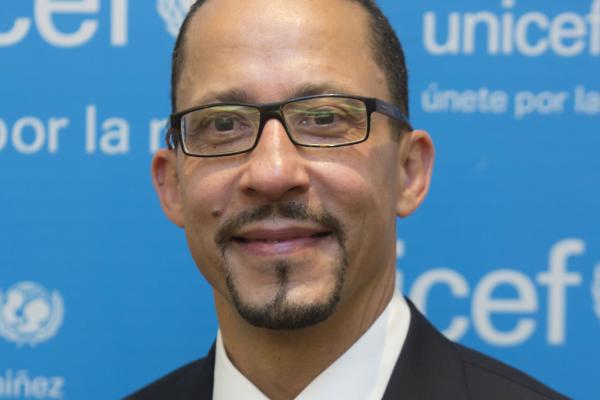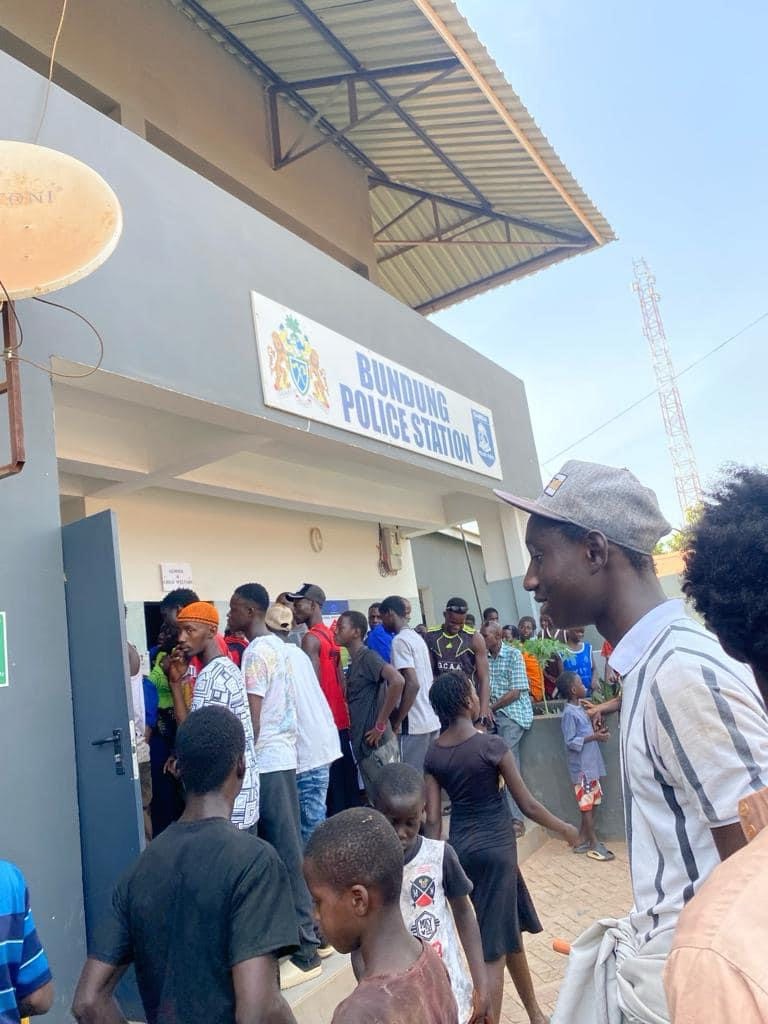Gambia has made considerable progress in improving access to education, especially for girls, the UN Children’s Education Fund (UNICEF) said on Wednesday.
Between 2010 and 2018, the number of primary school-age children in school has risen from 63% to 78%, while the percentage of out-of-school primary school-age girls has dropped to 16%, the UNICEF country office said in a statement.
“As we mark this year’s Day of the African Child on the theme: ’30 years after the adoption of the Charter: Accelerate the implementation of Agenda 2040 for an Africa fit for children’ , we also celebrate the first anniversary of the joint UNICEF-African Union birth registration campaign dubbed No Name Campaign’’.
The campaign aims to accelerate birth registration and represents a great example of how countries are accelerating the implementation of the Agenda 2040 for an Africa Fit for Children, the statement said.
“But the gaps and challenges are conspicuous – fewer children are now completing their education than a decade ago, and more than 20% of primary school-age boys are out of school. Behind these statistics, there is a child with rights and a future. We cannot ignore them.”
“Birth registration, the official recognition of the existence of a child, is a fundamental right and the first legal proof of identity. Yet in The Gambia, only 32% of children under 5 years have actual birth certificates. Without a birth certificate, children are ‘invisible’ to their government, putting them at risk of missing out on essential services such as healthcare and education, and the important protection they need when they come in contact with the justice system.”
On the Day of the African Child, UNICEF urged all stakeholders to build on the progress registered for children and accelerate national efforts to ensure every child is in school and learning, and every birth is registered according to law by working together and increasing investments in quality education, and health and social services for children.





